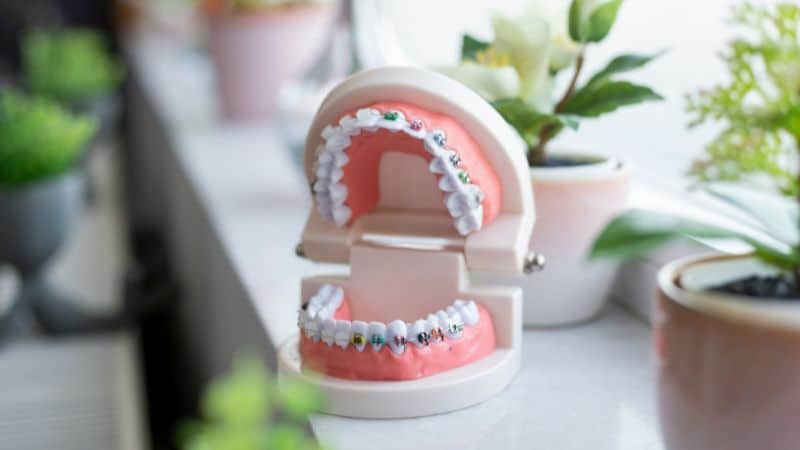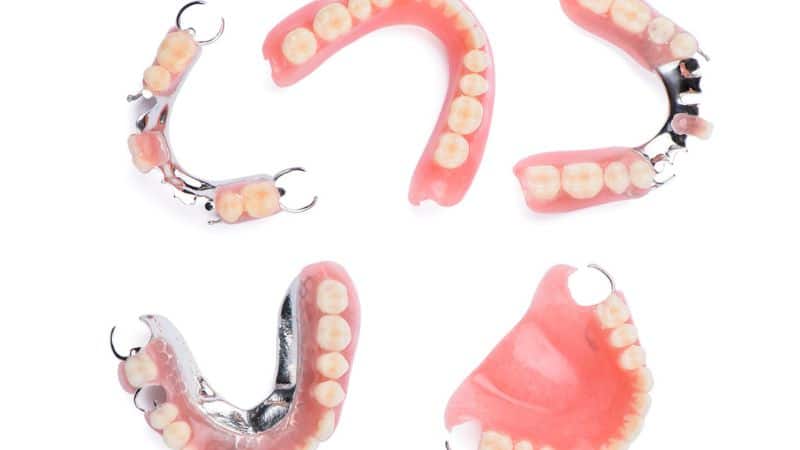
Root Canals and Root Canal Treatments
You might experience pain in your mouth for many reasons. However, discomfort resulting from inflammation of the dental pulp can be agonizing. If left undiagnosed, the pain will persist, and nerve damage is imminent. Immediate attention from a root canal dentist is required to treat the underlying cause of the throbbing pain.
Pulpitis, as the condition is called, requires a root canal treatment. It is a form of endodontic therapy, a corrective procedure, that is performed to alleviate the pain associated with a diseased pulp in the tooth. During a root canal, the unhealthy pulp is removed, and the inside of the tooth is also drained to clear the infection.
A root canal is necessary when you have pain from pressure on the teeth, extended sensitivity to hot or cold temperatures, inflamed gums, darkening of a tooth, and other issues. Below is further information on root canal treatments and what you can expect post-therapy. This article explains how the need for a root canal arise and what can be done to prevent the dental issue from occurring or intensifying.
Issues That Lead to Root Canal Complications
When people have cracked or fractured teeth, they often do not see the need to fix their teeth. Compromised teeth are sometimes overlooked, especially if no pain is associated with the damage. However, cracks in teeth are openings for bacteria to enter the tooth. Once they penetrate the tooth and reach the pulp, which is the soft tissue situated at the center of a tooth, an infection can set in.
Once the chip and bacteria are left untreated, people begin to notice a range of discomfort; for instance, swelling of the gums, mouth, face, or neck. Severe pain and intense sensitivity in the area of the infection, leaving many individuals extremely reactive to eating or even opening the mouth because of temperature changes from food or air. As the infection worsens, the bone around the tooth’s nerve begins to lose its density and weakens.
What Can Be Done to Prevent Problems with Pulpitis?
Better oral care must be implemented to prevent issues in the root canal such as pulpitis. Neglecting your oral hygiene and not seeing your dentist periodically for cleanings and examinations can impact your oral health. It limits your dentist’s ability to clear plaque build-up and assess any cracks or inconsistencies in your teeth.
Consuming a diet that is high in sugar can accelerate tooth decay, which can lead to pulpitis over time. Avoiding excessive sugars will decrease the likelihood of developing this disease.
Similarly, bad oral habits, such as grinding teeth and wearing them down over time, should also be corrected. These can lead to a cracked enamel, which makes teeth susceptible to bacteria and debris.
How Are Root Canal Issues Corrected?
If your dentist has confirmed that you require root canal treatments to overturn your painful symptoms, they are referring to endodontic therapy. Root canal treatment is a form of endodontics and involves a few steps to alleviate the pain and remove the bacteria.
After receiving local anesthesia to numb the tooth, a root canal dentist may either drill into the infected tooth or make a small incision in the gums. Once the pulp is accessible, the pulp chamber or canals are cleaned to remove the infection and fluids causing the adverse symptoms.
Following the procedure, the root canal dentist seals the channels to avoid future contamination. For some individuals, a crown may be required to place over the teeth for additional protection and strength. It is not needed in all cases, but if it is, you will have to schedule another visit for a dental crown fitting.
Post Endodontic Therapy
Once the treatment is completed, your pain should disappear. Of course, you will be sore from the procedure, but you will heal. Your root canal dentist will instruct you how to care for the tooth in the days following the root canal treatment and long after. Usually, you will be instructed to avoid chewing on the restored tooth as it will be sensitive due to inflammation. However, pain relievers can be taken to alleviate the discomfort.
Root canals are very successful procedures, and individuals rarely complain of pain after the recovery days. This solution is permanent, and people can expect to return to their daily activities right after the treatment. If unlikely complications arise, and the previous symptoms resurface, you should return immediately for assessment.
You Can Receive Root Canal Treatments in West Island
If you are searching for a root canal dentist in West Island, contact Centre Dentaire Pierrefonds. We will provide you with extensive information on our root canal treatments and procedures. Give us a call to schedule your dental appointment.
References:
- https://www.aae.org/patients/root-canal-treatment/what-is-a-root-canal/root-canal-explained/
- https://www.colgate.com/en-us/oral-health/procedures/root-canals/illustrations-root-canal-treatment-from-start-to-finish
- https://www.webmd.com/oral-health/root-canals#2
- https://www.healthline.com/health/pulpitis#symptoms




